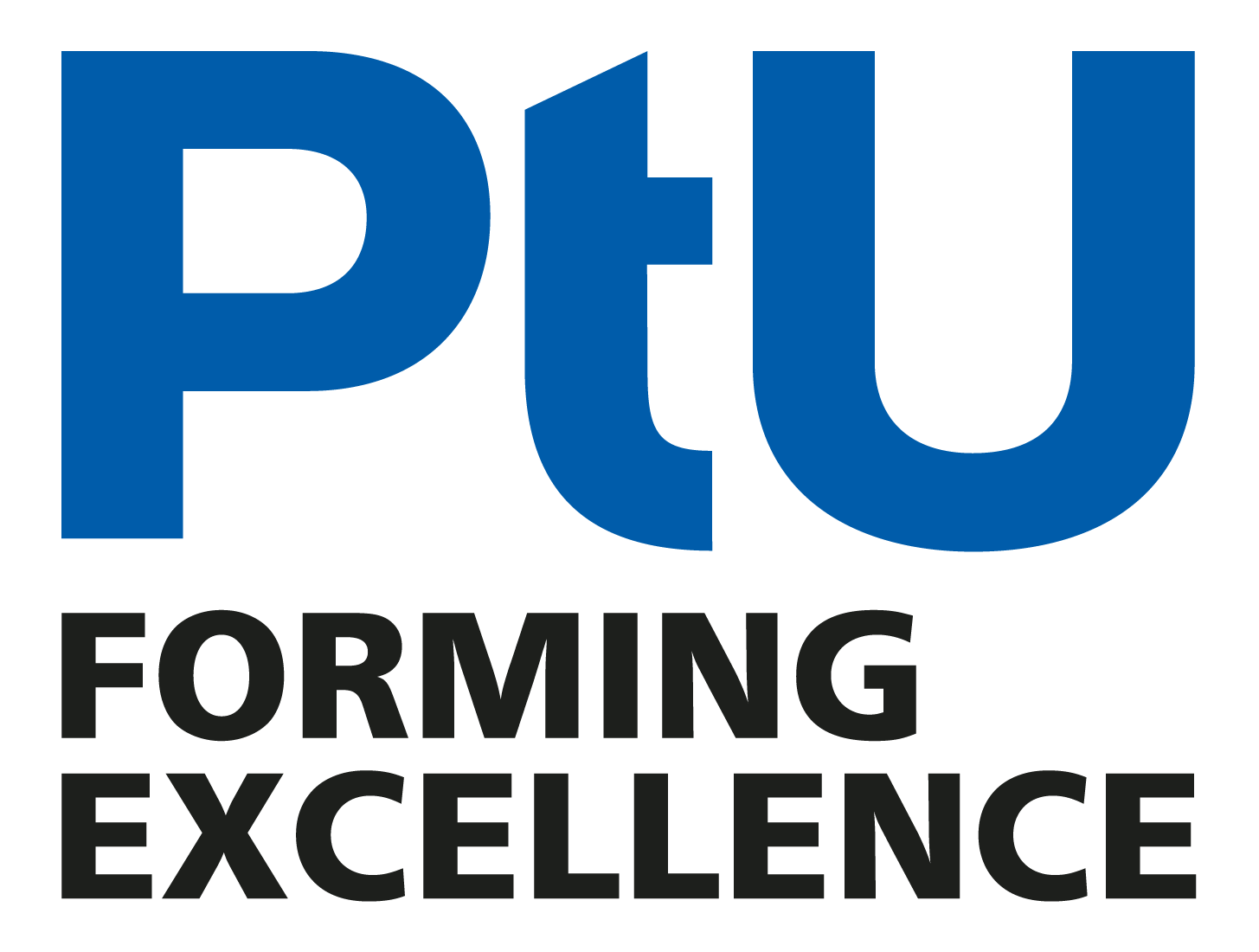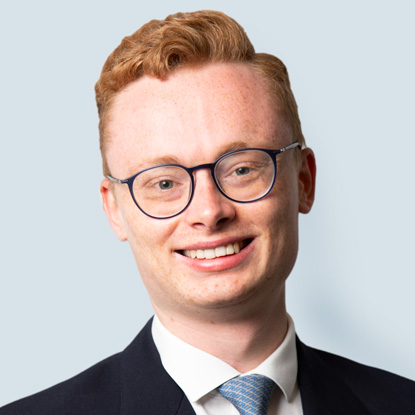The high cost-effectiveness of profiling processes is often offset by a high adjustment effort of the equipment. In industrial practice, the fine adjustment of the forming stands is based on the experience of skilled workers. Problems here lead to increased scrap and can result in long downtimes. By integrating sensors into the equipment, artificial intelligence approaches are being implemented at PtU in the form of assistance systems. Information obtained about the process forces and drive torques is related to the profile quality and the energy requirements of the process. From this, on the one hand, the necessary adjustment measures can be formulated for the skilled worker, so that the high material utilization rate is maintained without waste and scrap, even with complex profiles and frequent variant changes. On the other hand, continuous process monitoring enables the detection of tool rolls that are too fast or too slow and work against the continuous profile feed. Measures derived from this, such as freely rotatable roll segments, fine adjustments of the profiling gap or targeted local adjustment of tribological properties, increase the energy efficiency of the process.
Institute for Production Engineering and Forming Machines

Profile Manufacturing Technology
In the field of profile forming technology, PtU is working on several key topics: Energy and resource efficiency, high-precision profiles and new production concepts, as well as novel profile shapes and plant flexibility. The institute operates several roll forming lines of various sizes, on which conventional stands and a large number of in-house developments, such as calibration and splitting stands or stands with additional degrees of freedom, are used. In order to ensure economical and at the same time ecologically compatible production in the future, the constant development of new and improved industrial manufacturing processes is of crucial importance. The focus at PtU is on research for improved plannability and process control with a variety of different approaches.


